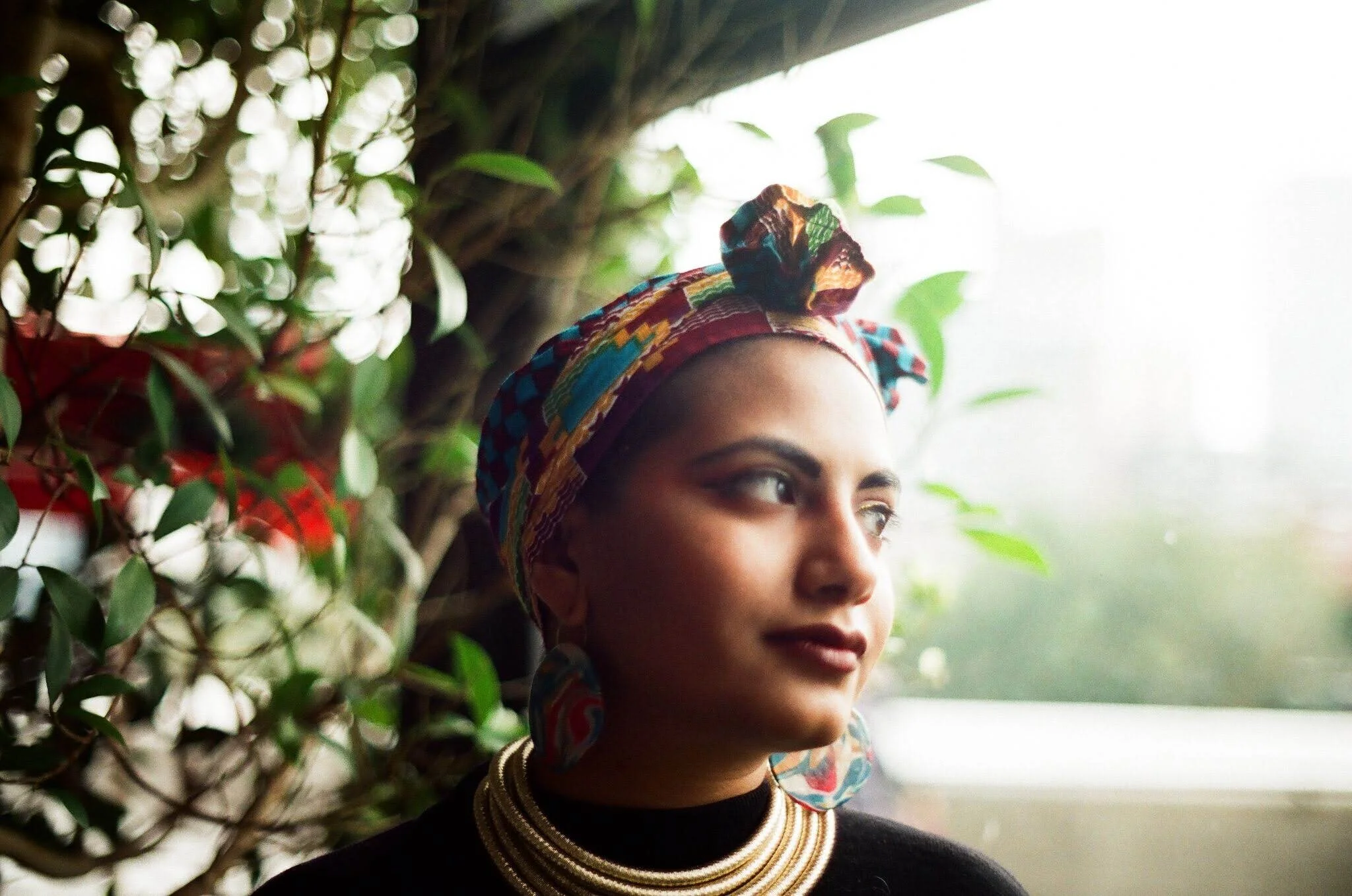The pleasures and sorrows of having two hometowns
Photograph by Leah Jing McIntosh.
“For the unwavering pride in my Malaysian roots, I have my Nenek to thank. She reminded us that while Adelaide is where we were being raised the home she and my grandfather built in Kuala Lumpur was ours, too.”
Originally posted on SBS, 4 September 2018.
As a migrant child, I grew up with the knowledge that we had two distinct homes — Australia and Malaysia — eight hours’ flight apart. This meant no matter where in the world I was, I would always feel untethered from one of them.
Travel was the done thing. In Malaysia, my grandparents loved regaling me and my brother with tales of our ancestors who sailed from sea to sea — our bloodline winding and flowing, until our genes gathered and finally led to the two of us sitting quietly at their feet.
There are tales of more recent, immediate family, too — all of whom were sent overseas to study. My Nenek (grandmother) to Singapore, Perth, Adelaide, then Melbourne; and my Tok Led (grandfather) to Hong Kong where he became a Prisoner of War — both set to study medicine.
In my own life, things were hazier. When we moved to Adelaide, my brother and I were two Arab-Malay kids, aged five and eight, with funny accents. My beautiful mother was 40 and about to marry this kind white man — an “uncle” I had mentally adopted long before I realised they were due to wed.
We didn’t know anyone and never had the chance to settle into any sort of community. There was nobody around who looked like us, spoke like us or thought like us. Growing up without a sense of community is something that may continue to plague my mind for the rest of my life. But these days, I also believe that those challenges have instilled a sense of self that helped carry me into my adulthood, beyond the two hometowns I have ever known.
Throughout our childhood, she reminded us that while Adelaide is where we were being raised, loved and educated, the home she and my grandfather built on that busy, polluted and dangerous main road in Kuala Lumpur was ours, too
For the unwavering pride in my Malaysian roots, I have my Nenek to thank. Throughout our childhood, she reminded us that while Adelaide is where we were being raised, loved and educated, the home she and my grandfather built on that busy, polluted and dangerous main road in Kuala Lumpur was ours, too.
Once I got to university, the need to explore the world deepened and was increasingly fed by Nenek, who would sneak me the odd RM50 note whenever she could. These turned into RM1 or RM5 notes once she became hard of seeing, but the sentiment stayed the same. I’d return them to her handbag when she wasn’t looking, and would start planning elaborate trips in my head.
The middle-ground is crucial. Those of us who exist between multiple cultures don’t let deep roots grow in any one place, because that’s not what the world had planned for us. Instead, we grow shallow, wide-spread roots, continuing to uproot as required until we can breathe.
When we moved to Australia, I lost my mother tongue in an attempt to assimilate. This made me feel unsettled, but I never had the language to explain. During our weekly Sunday phone calls, my Nenek would flip between fluent Malay and crisp, British English without warning. But Bahasa Melayu feels clumsy in my mouth, my accent vague and lazy — thanks to the developing Strine in me.
Seeing my rich culture flattened to a bowl of laksa (or lack-saah), or the endless reminder that my Islamic faith is the cause of all that is bad in the world, often reminds that I don’t necessarily represent Australia
Later, I took up Bahasa Indonesia at school and kept it up through university. It wasn’t my native tongue — but it was good enough, close enough to home. Then I got to Indonesia, travelling alone, and discovered that I could feel at home there, too. Sabar, sabar. It’s what locals like to say, meaning “things have a way of working themselves out”.
Seeing my rich culture flattened to a bowl of laksa (or lack-saah), or the endless reminder that my Islamic faith is the cause of all that is bad in the world, often reminds that I don’t necessarily represent Australia. Sabar, sabar. I am who I am. And I’m this way thanks to the fearless people who raised me.
Now, in my current home of Darwin, where I’ve been living for the past three months, I’m reflecting on what it means to uproot yourself alone. This new place is everything I could have hoped for; the tropical climate suits my South East Asian sensibilities, my skin colour doesn’t seem to shock anyone in the way it does down South, and most of all — I’m happy.
Then again, I remember a recent weekend back to my hometown of Adelaide, where I shivered for 48-hours straight — not just from the sharp cold or lack of sleep, but because I realised what I suspected had become true.
Adelaide will always be close to my heart, but it’s no longer where I choose to be. As children of migrants, we shift, wriggle and uproot until we feel we can breathe. Sometimes you find a place where your roots thrive, and you dive deeply into the earth before you. That is where I am now — I am at home.
This article was edited by Candice Chung, and is part of a series by SBS Life supporting the work of emerging young Asian-Australian writers. Want to be involved? Get in touch with Candice on Twitter @candicechung_


